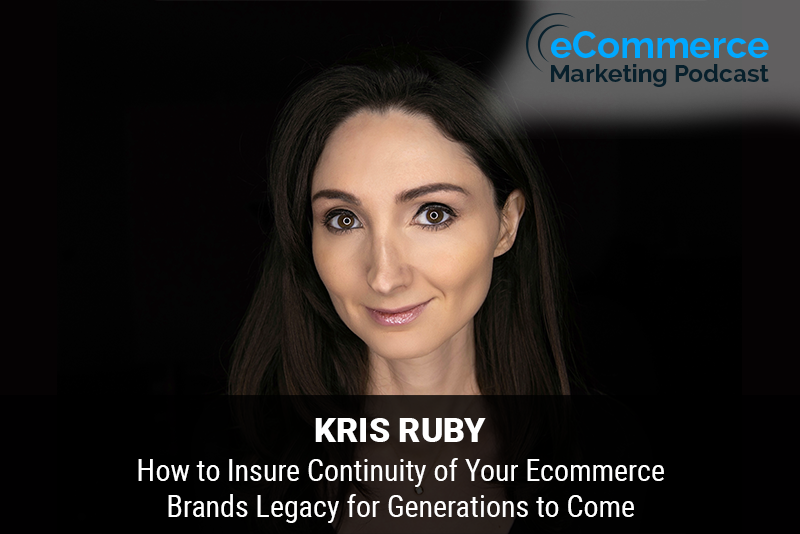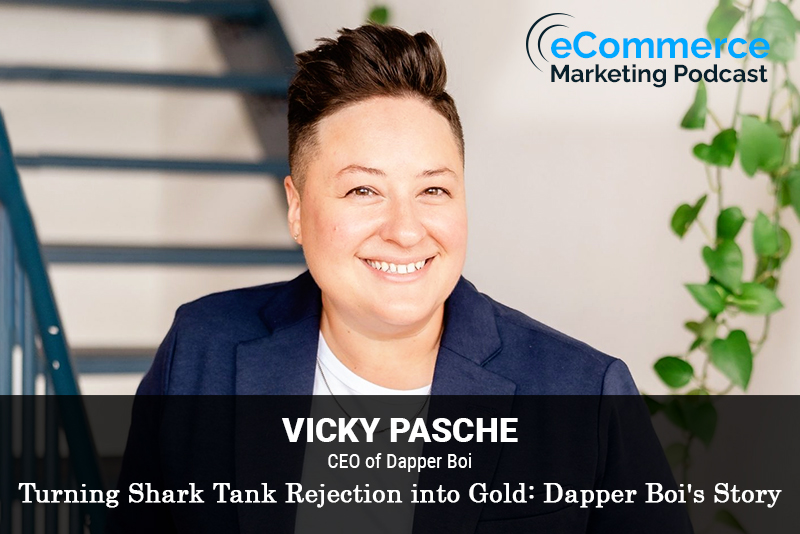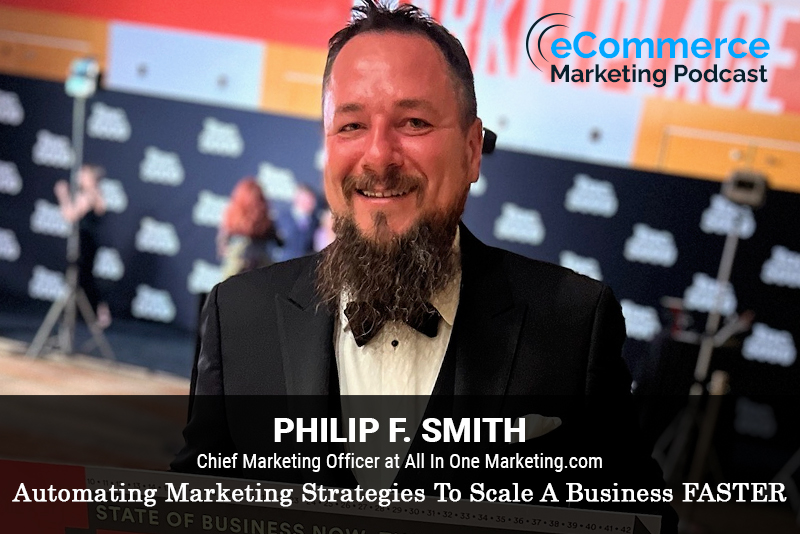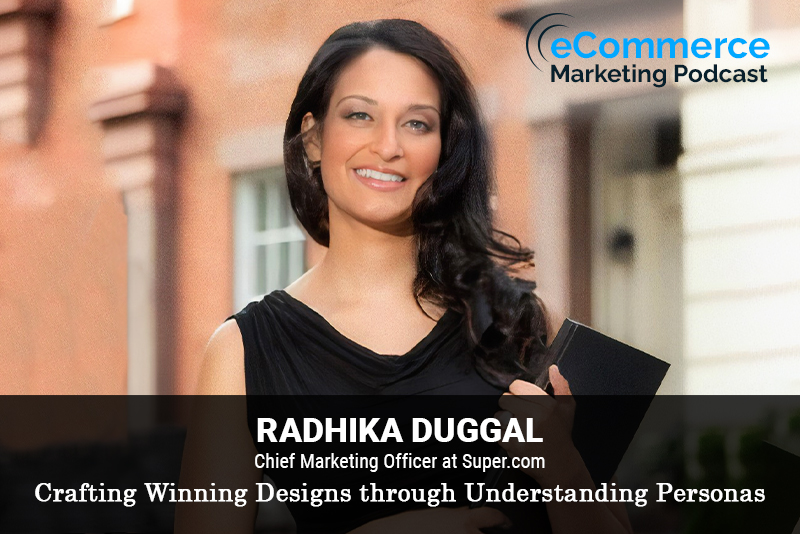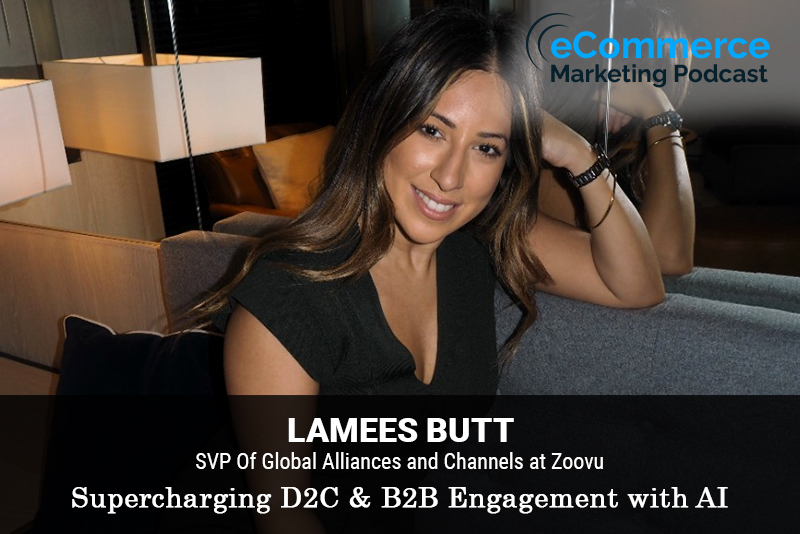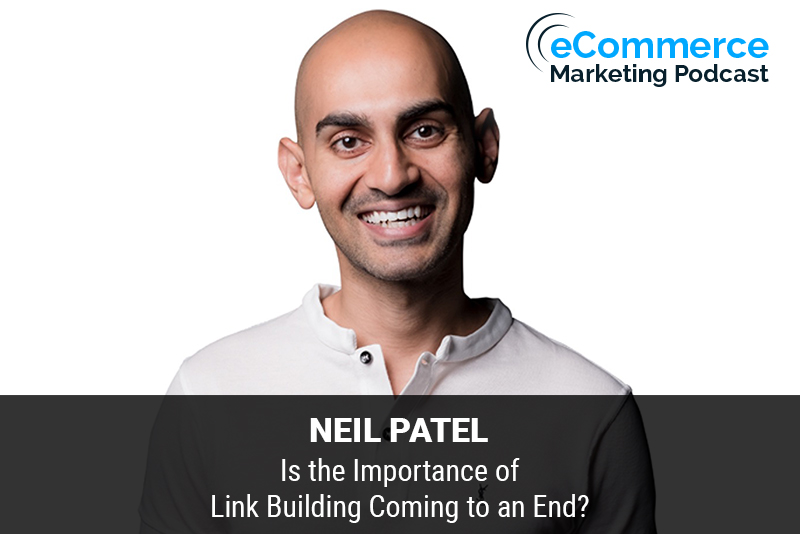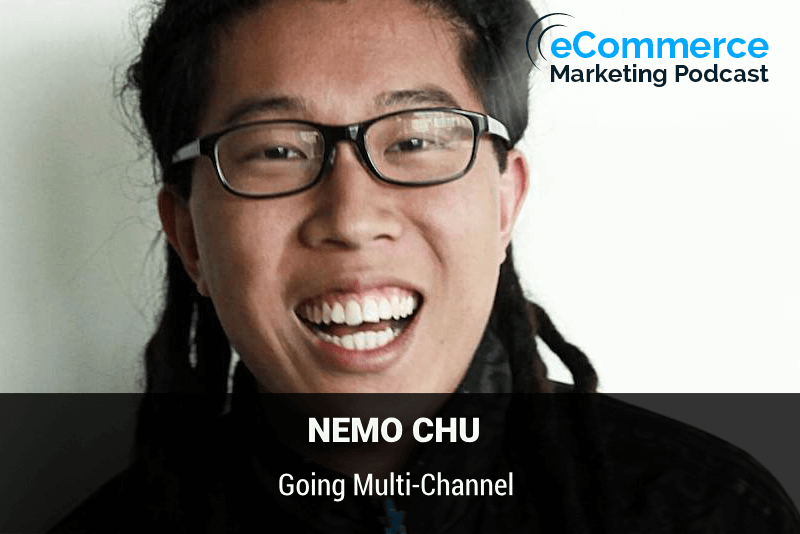
The eCommerce Marketing Podcast walks you through everything that goes into ecommerce marketing — from inbound marketing to paid advertising to conversions. Learn the strategies top marketing experts use to grow their businesses.
Marketing Strategies Revealed in this Episode:
- Effective ways to come up with a lasting digital legacy
- Quality content vs. SEO tactics
- Injecting your values into your brands messaging
- How to preserve your ecommerce brands legacy

Episode Title: Ensuring Your Brand’s Lasting Legacy with Kris Ruby
Host: Arlen Robinson
Guest: Kris Ruby, CEO of Ruby Media Group®
In this episode of the E-commerce Marketing Podcast, host Arlen Robinson interviews Kris Ruby, the CEO of Ruby Media Group®, an award-winning public relations and media relations agency. With over 13 years of experience in PR, Kris Ruby shares her expertise on the importance of establishing a lasting legacy for your brand. The discussion covers how e-commerce businesses can strategically plan for their brand’s future, ensuring their digital footprint remains impactful long after they’re gone.
Key Takeaways:
- Introduction and Kris Ruby’s Background [00:00 – 03:00]
- Overview of Kris Ruby’s career in PR and media relations [00:00].
- Importance of integrating content marketing, PR, and SEO for a holistic digital marketing approach [02:00].
- Importance of Legacy Planning [03:00 – 08:00]
- Considering the longevity of your brand and digital assets [03:30].
- The impact of the COVID-19 pandemic on legacy and crisis communication planning [05:00].
- Using tools like Giving Docs to plan for digital asset succession [07:00].
- Creating Legacy-Focused Content [08:00 – 15:00]
- Shifting from a sales-driven approach to a legacy-focused content strategy [08:30].
- The significance of creating meaningful and lasting content [10:00].
- Comparison of current digital legacies to historical records [12:00].
- Building a Community and Brand Mission [15:00 – 20:00]
- The role of community and mission in building a successful e-commerce brand [15:30].
- Examples of brands like Thrive Market that focus on community values [17:00].
- Ethical and Value-Based Marketing [20:00 – 25:00]
- The importance of aligning marketing strategies with ethical and social values [21:00].
- How conscious capitalism and brand activism can drive consumer loyalty [23:00].
- Leadership and Empowerment [25:00 – 30:00]
- Empowering team members to carry on the brand’s mission [26:00].
- The importance of inclusive leadership and shared values within the company [28:00].
- Challenges and Opportunities in Legacy Planning [30:00 – 35:00]
- Examples of successful legacy planning, such as Apple after Steve Jobs [31:00].
- Strategies for ensuring brand continuity and customer loyalty post-leadership transition [34:00].
- Closing Thoughts and Fun Fact [35:00 – 40:00]
- Kris Ruby shares her unique skill of speaking backwards [36:00].
- Final thoughts on the importance of legacy planning for e-commerce brands [38:00].
Guest Info:
- Name: Kris Ruby
- Position: CEO of Ruby Media Group
- Website: Ruby Media Group
- Twitter: @sparklingruby
- Instagram: @krisruby

